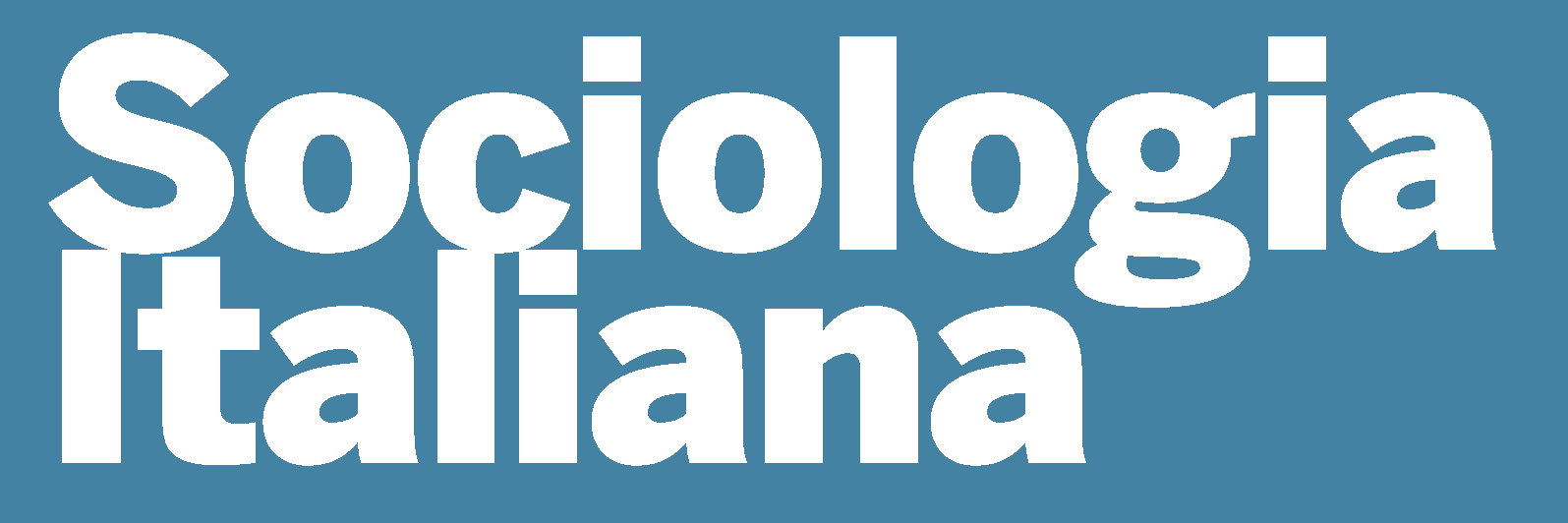Ricerca
Documenti trovati: 19
Articolo rivista - AIS - 2020/15
Lo Schiavo Lidia
Neoliberal education reforms, student activism and youth conditions in Italy. Findings from a case study on three Italian student organisations, by Lidia Lo Schiavo
Introduction Young people are currently experiencing radical changes in their life conditions. In fact, a series of reforms in education and welfare (traced by scholars back to a «global transition regime») implemented over the last three decades have hugely impacted on youth conditions in general and on students’ livelihood and opportunities in particular (Woodman and Wyn 2014; France 2016).
The ...
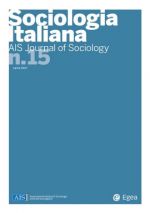
Articolo rivista - AIS - 2020/15
Corradi Fiammetta
Assessing the quality of argumentation in digital public spheres: a case study from Twitter @debatingeurope, by Fiammetta Corradi
Introduction In our national political arena, almost daily we witness logical contradictions, fallacious arguments and other dramatic violations of the norms of a democratic public sphere, not to speak of the increasing public use of swearwords and other outright deviations from the canons of a civic dialogue. The emergence of a worried, legitimate indignation for the low qualitative level of public ...

Articolo rivista - AIS - 2014/3
Millefiorini Andrea
The Italian Political Crisis: Causes and Perspectives
Introduction
The present paper wishes to focus on a few aspects that, in our opinion, have played a crucial role in causing and gradually worsening the present severe crisis of the Italian political system. Needless to say, a political system cannot be considered as a separate entity from the wider context in which it is set. Having said this, we will therefore briefly hint to this context whenever ...

Articolo rivista - AIS - 2014/4
Costabile Antonio, Tagarelli Massimo
Legality, change and crisis, di A. Costabile and M. Tagarelli
Foreword
Legality as a pattern of behaviour and social practice, and most of all as a value, is strictly connected to modern society and its transformation. Linking legality to change widens the analytical perspective beyond both its deductive definition as a philosophical or juridical a priori and its reductive and merely negative definition as the opposite of illegality. Most notably, that ...
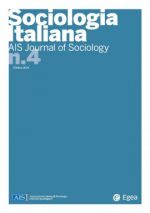
Articolo rivista - AIS - 2019/14
Fernández-Esquinas Manuel
The fates of social science journals in languages other than English: key issues for research communities and editorial policies, by M. Fernández-Esquinas
Introduction
Scientific journals have been undergoing an important transformation fort the last two decades. Some of the main changes affecting them have been driven by digitisation, the globalisation of the publishing market, the emergence of metrics and the use of journals in research evaluation and science policy (Mackenzie 2007; Larivière et al. 2015; Moed 2006; Malsch and Tessier 2015). ...
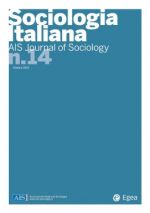
Articolo rivista - AIS - 2012/0
Cipriani Roberto
Grounded Theory, Sensitizing Concepts, and Computer-Assisted Theory Building, di Roberto Cipriani
Introduction
The presence of many – sometimes contradictory – theories is arguably considered a strength in the social sciences. The multitude of available theories today makes it seem impossible to have a grand theory, a specific unique theory that may be applied to all situations at all times in order to explain social phenomena. Therefore another solution becomes more and more reliable: ...
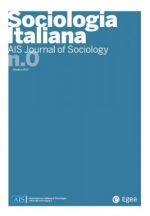
Articolo rivista - AIS - 2019/13
Ambrosini Maurizio, De Luca Deborah
A case of inequality in the labour market: the situation of EU and non-EU migrants
Recent studies have shown that the economic crisis of 2008 has heavily affected migrants, thus exacerbating a disadvantage already present in many countries and further weakening the position of migrants in the labour market. This paper focuses on two distinct groups of migrants: EU citizens and those from third, «non-EU» countries. In our opinion, the legal status of «European» should provide ...
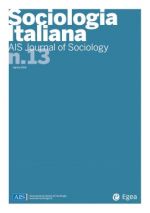
Articolo rivista - AIS - 2019/13
Natali Lorenzo, Ceretti Adolfo
A conversation with American Maverick Sociologist and Criminologist, Lonnie Athens
During our interview with Lonnie Athens, we questioned him about both his theory of violentization and his ongoing efforts to develop what he calls a «radical interactionist» perspective, two intertwined strands of his research. Specifically, his early research on violence planted the seed for his later development of radical interactionism, which in turn, provided him with an interactionist perspective ...

Articolo rivista - AIS - 2023/23
Kaur Amarpreet
Changing the Female Biocapital Market via Reproductive Technologies: A Potential Future with Genome Editing, Ectogenesis, and In Vitro Gametogenesis
1.Introduction
1.1Key Definitions
Susanne Lettow (2018, 13), a German Philosopher, explains that biocapitalism can be defined as the valorisation of materials derived from human bodies and non-human living beings, i.e. biocapital. Examples of biocapital include organs – such as ovaries and uteri, genes, and cells – such as blood, skin, and gametes. Lettow argues that the valorisation ...

Filtri applicati:
Raffina la ricerca
Parola chiave
- COVID vaccination campaign (1)
- Work Experience Programs (PTSOs) (1)
- biocapital (1)
- communication (1)
- communication of science (1)
- content analysis as a survey (1)
- cultural change (1)
- didactic innovation (1)
